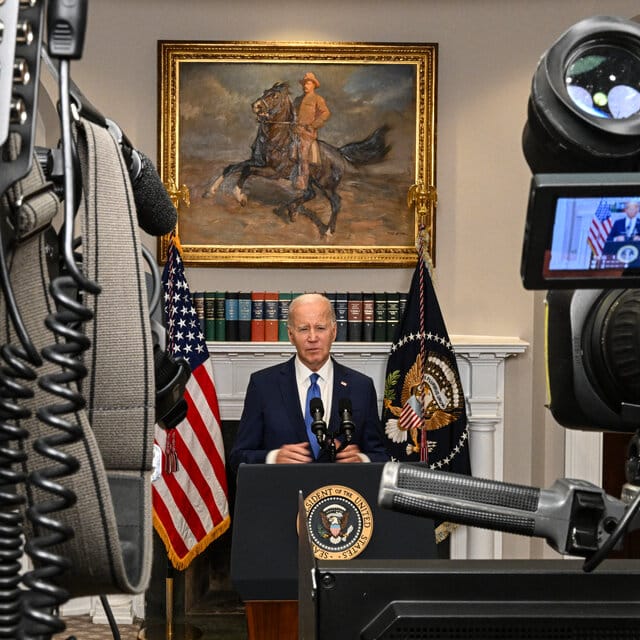The Consumer Electronics Show (CES) 2025, held in Las Vegas, has once again underscored the pervasive influence of artificial intelligence (AI) in modern technology. This year’s event featured an expansive array of AI-driven innovations, with a particular focus on the contributions of Nvidia, led by its CEO Jensen Huang. As the tech world converged at CES, it became evident that AI is not merely a trend but a fundamental component of the future of technology, impacting various industries and everyday consumer experiences.
Nvidia, renowned for its graphics processing units (GPUs) and AI solutions, has positioned itself at the forefront of this technological revolution. Jensen Huang’s keynote address was one of the most anticipated segments of the event, drawing attention from industry leaders, tech enthusiasts, and media alike. In his presentation, Huang outlined the transformative potential of AI, emphasizing its ability to enhance productivity, drive innovation, and improve quality of life.
One of the key themes of Huang’s address was the integration of AI into a wide range of applications, from autonomous vehicles to smart home devices. He illustrated how AI is revolutionizing the automotive industry, enabling vehicles to not only drive themselves but also learn from their environments and improve over time. This advancement promises to enhance safety and efficiency on the roads, as well as provide a more personalized driving experience for consumers.
Huang also touched upon the role of AI in healthcare, where it is being leveraged to analyze vast amounts of medical data, improve diagnostic accuracy, and even assist in the development of new treatments. The potential for AI to transform patient care and streamline operations within healthcare systems is immense, and Huang’s insights highlighted the urgent need for continued investment and innovation in this area.
The presence of AI at CES 2025 was not limited to Nvidia’s offerings alone. Numerous exhibitors showcased their own AI-driven technologies, ranging from advanced robotics to machine learning applications in various sectors. This collective display of innovation underscored the widespread recognition of AI as a key driver of future growth and development across industries.
Another significant aspect of Huang’s presentation was the emphasis on ethical considerations surrounding AI technology. As AI becomes increasingly integrated into daily life, concerns regarding data privacy, security, and algorithmic bias have come to the forefront. Huang called for a collaborative approach among industry leaders, policymakers, and researchers to address these challenges, ensuring that AI technology is developed responsibly and equitably.
The event also featured a series of panels and discussions focused on the implications of AI in business and society. Experts from various fields shared their insights on how AI can be harnessed to solve complex problems, improve operational efficiency, and create new business models. The conversations highlighted the importance of fostering a culture of innovation and adaptability in the face of rapid technological advancements.
As CES 2025 progressed, it became clear that AI is not just a buzzword but a transformative force reshaping the landscape of technology. The innovations showcased at the event demonstrated the potential for AI to enhance virtually every aspect of life, from how we work and communicate to how we manage our health and navigate our environments.
In conclusion, CES 2025 served as a powerful reminder of the central role that AI plays in the ongoing evolution of technology. With Jensen Huang at the helm, Nvidia continues to lead the charge in developing AI solutions that promise to change the way we live and work. The insights shared at this year’s event will undoubtedly influence the trajectory of technology in the coming years, as industries strive to harness the full potential of artificial intelligence.


